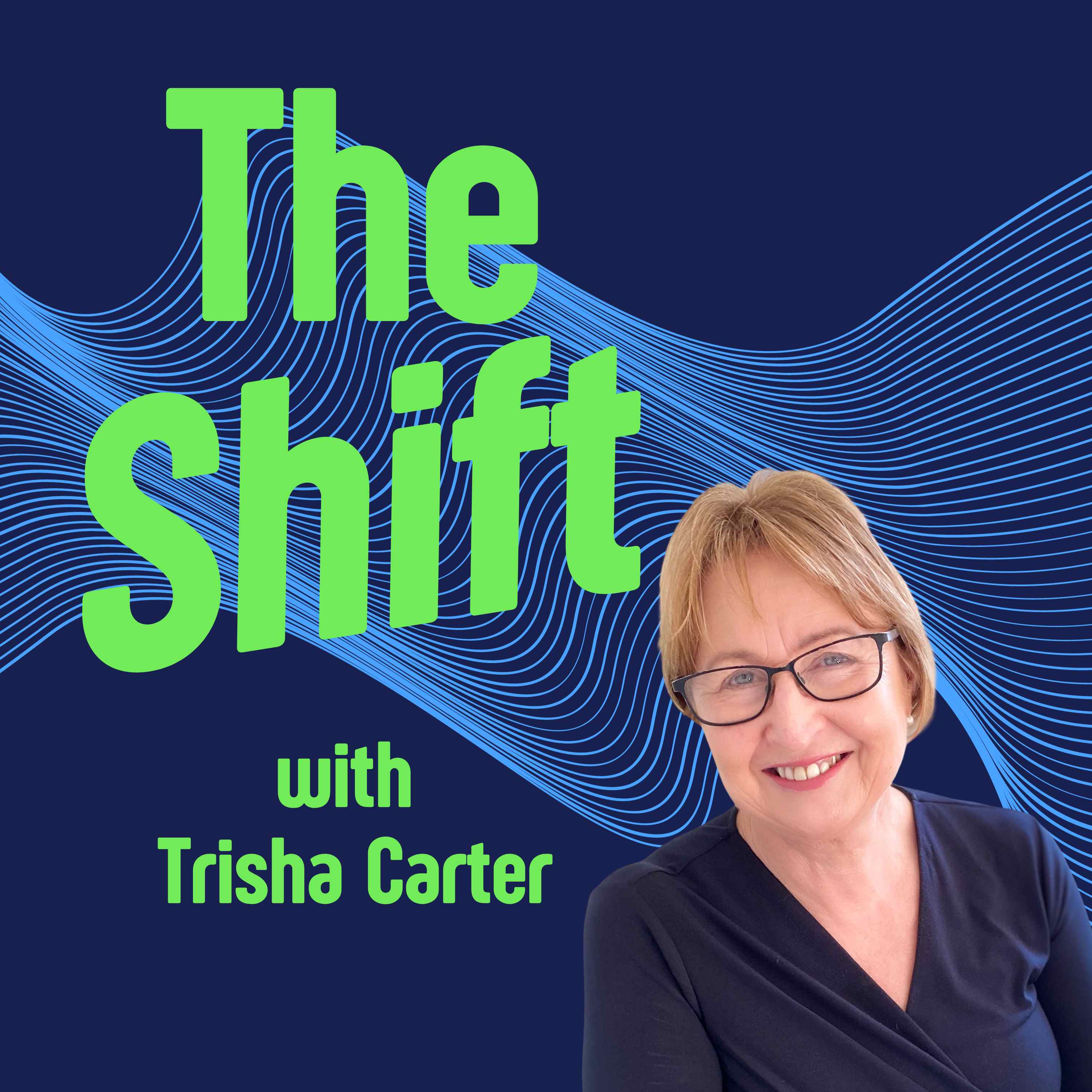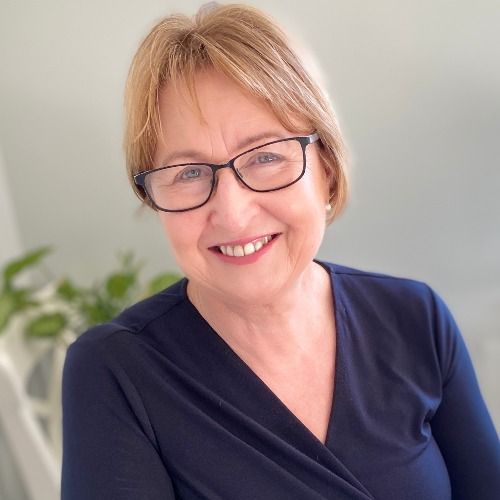Episode 31
What We've Learned So Far - Part Six
In this episode, Trisha reviews key themes from the last five interviews, highlighting common moments of cultural shifts experienced by guests Mikkel Orlovski, Kristin Ekkens, Sharon Gray, Bridget Romanes, and Cheryl Doig. Through anecdotes and discussions, she emphasizes the importance of creating safe learning spaces, recognizing social value, and forming personal relationships. Trisha also hints at what's happening in series two of The Shift.
Transcript
I would like to acknowledge the Dharawal people, the Aboriginal people of Australia, whose country I live and work on. I would like to pay my respects to their elders, past, present, and emerging, and thank them for sharing their cultural knowledge and awareness with us.
[:[00:01:00] Trisha: What can we do to help ourselves and to help others to experience shifts when we need? Today I'm doing what we've done before. It's a little bit Practicing what we talk about, taking time to reflect and review on what we've learnt. So this is the balcony review, if you like, of the past five episodes, so episodes 26 to 30.
[:[00:01:51] Trisha: And also, perhaps we should take a moment to celebrate that this is episode 31, which is pretty amazing. I'm very grateful to all the guests we've spoken to so far. I don't know about you, but I am certainly learning a lot. And I hope that as well as learning, it is also moments of fun, as Mikkel, who is one of the guests from the last five episodes, would say, because he thinks it should always be fun.
[:[00:02:47] Trisha: So we'll be pulling on their ideas as I summarize now. As with always, I asked them the standard questions and we had some lovely perceptions of different cultures that they have grown to love. And also I asked them about shifts they've made. As with so many times before, many of these shifts, while they were in the long term, really beneficial and quite lovely, in the moment, they were often quite painful.
[:[00:03:37] Trisha: And Kristen speaking about returning back to the United States after time in Spain and how difficult that repatriation process was for her, disruptive, I think was one of the words that she used and she spoke about feeling depressed and challenged. Bridget spoke about the day to day frustrations that she experienced on her very first, expat assignment in India and how she dealt with those frustrations. And Cheryl spoke about shifts in terms of recognizing different histories and the challenge that that is. As we sort of suddenly see things from a different perspective and how disruptive that can feel. So a number of different shifts that people recognized and each of them opened their eyes to a new perspective and each of those things helped them to live and work better in the diverse world that they're in.
[:[00:05:00] Trisha: They both said that it's really much more about absorbing something into your awareness, your emotional awareness, and also your physical understanding. Mikkel talked about taking that knowledge and it becoming part of just the way you operate. But it's certainly not about learning a piece of knowledge.
[:[00:05:42] Trisha: Kristen spoke about everyone's values being acknowledged and the recognition of the, the personal internal work that people often need to do as they learn about their own culture and their own values and how much that learning needs a safe space. We had a number of people this time speak about creating champions, creating champions in others.
[:[00:06:27] Trisha: It isn't the domain of one influencer. It's everyone's work. Some of us might be doing that work at a citizen level, as Cheryl described it, and others might be thinking and playing at a systems level, as Kristen described it. But either way, we need to work with these other people, these champions, and help them to grow and develop so that they can spread out and create that web of change that Kristen speaks about and Sharon speaks about in terms of the communities of change that are happening.
[:[00:07:25] Trisha: So Sharon shared about social value and that was echoed by a couple of other people as well. Cheryl spoke about it explicitly as well. So it's creating more than learning, more even than changed people, but it's creating change within society. And as Kristen said, it's intentionally creating communities that can impact people's perception of being human. Cheryl spoke about the concept of intergenerational fairness and how that impacts on that social value. Those are really big ideas and encouraging to have us sort of lift our eyes up to and see possibilities. These are things that I'm hoping to dive into a bit more in the future so that we can all learn and grow in our understanding.
[:[00:08:34] Trisha: And Kristen speaking about creating personas and empathy wheels. Cheryl spoke about finding pockets of promise, but the most commonly mentioned strategy, which was described really well by Bridget, was the power of personal relationships. And if we think about that, and how personal relationships can help us most as we're working to achieve change, as we're working to grow ourselves.
[:[00:09:24] Trisha: Cheryl is the future's auntie, so that is her role, to walk with people as they consider the possible futures. Sharon, in Australia, shared the wisdom of Winangar Guru, words from her Kamilaroi language, meaning, listen deeply, go slowly. Respect everything. She spoke about walking alongside people with these ideas.
[:[00:10:15] Trisha: We have a few more episodes to go in Series 1, and then we might take a short break and we'll move into Series 2. And in Series 2, I'm going to be interviewing some researchers. As we think about what's the research behind helping people to shift their thinking. What is the research behind metacognition?
[:[00:10:55] Trisha: Thank you so much for listening and please make sure that you have pushed follow or subscribe on your podcast app so that you can hear the next episode of The Shift.

